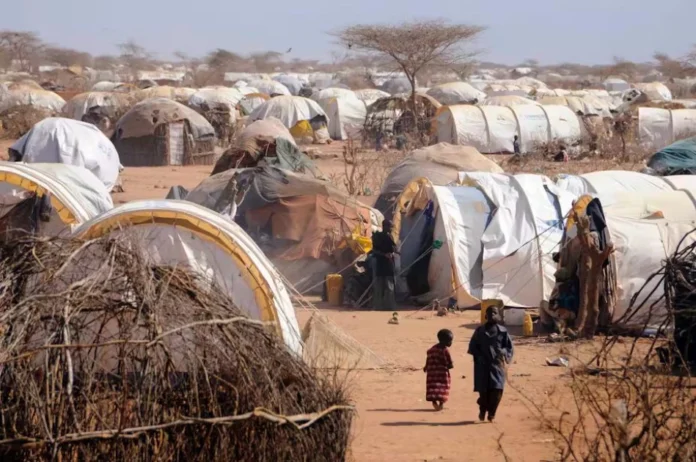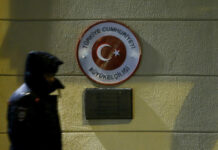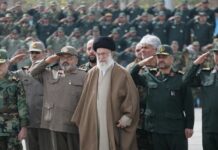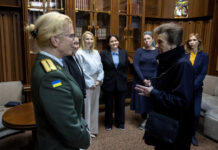A humanitarian crisis is unfolding in Kenya’s Dadaab refugee complex as critical funding shortfalls push thousands of refugees to the brink of starvation. The suspension of the World Food Programme’s (WFP) Bamba Chakula food voucher system in June has left families without basic sustenance, intensifying desperation and unrest.
The crisis follows a January 2025 executive order by U.S. President Donald Trump freezing foreign aid through the U.S. Agency for International Development (USAID). The move has triggered global concern, with a study in The Lancet medical journal warning of up to 14 million preventable deaths worldwide within five years due to aid cuts.
Kenya’s refugees are among the worst affected. In Dadaab, home to over 200,000 people, the WFP’s Bamba Chakula program, an e-voucher initiative that once provided refugees with limited food choices, was first reduced, then abruptly terminated.
“Over the last three months, food baskets have been reduced fourfold,” says Abdullahi Mire, founder of the Refugee Youth Education Hub (RYEH). “People are lining up and dying in stampedes just trying to eat.” He cited the tragic death of 29-year-old Khadija Noor during a food stampede in April as an example of the growing desperation.
Mire, a vocal advocate for refugee education, says the crisis has forced adolescents to skip school in order to scavenge for food. “They’re torn between feeding their families and pursuing an education.”
The Bamba Chakula vouchers had already lost significant value, falling from $6 per person in March to $4 in May before being halted altogether in June. “Even when it was there, Ksh.500 couldn’t stretch far,” says Anab Gedi Mohammed, a refugee-born community leader and founder of Halgan, a women-led organization in the camp.
Now, she says, the absence of support is driving families to desperate measures, including child marriage. “Some families are marrying off 16-year-old girls to elderly men offering money. When the girl becomes pregnant, the man vanishes,” she said.
While the situation on the ground worsens, the Kenyan government and UNHCR have begun rolling out the Shirika Plan, a long-term initiative to transform refugee camps into integrated settlements that offer education, healthcare, and employment to both refugees and host communities.
For 27-year-old youth leader Mohammed Abdullahi Jimale, the plan holds promise. “It’s the only home I’ve ever known. If we’re allowed to work and move freely, we can build better lives,” he says.
But others, like Anab, remain skeptical. “They talk about inclusion, but deny us free movement. It still feels like an open prison,” she says, recalling being dismissed at a validation meeting for voicing this concern.
For Mire, the future of Dadaab hinges on real implementation. “The Shirika Plan looks great on paper. If done right, it can turn Dadaab into a thriving marketplace. But until then, our people are starving, and hope is hanging by a thread.”
Written By Rodney Mbua













